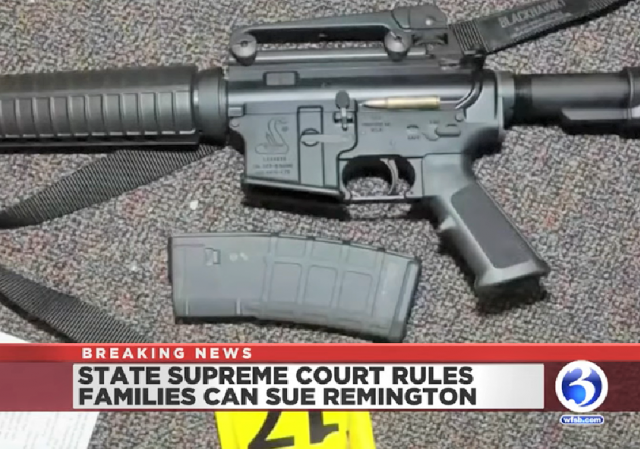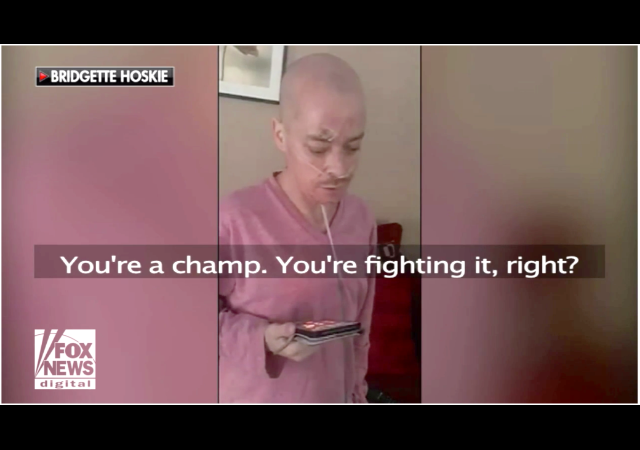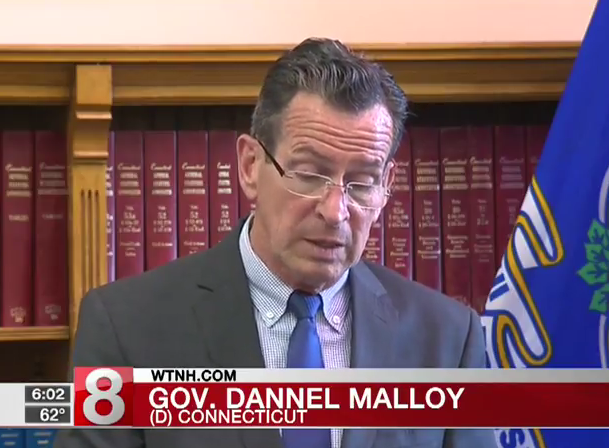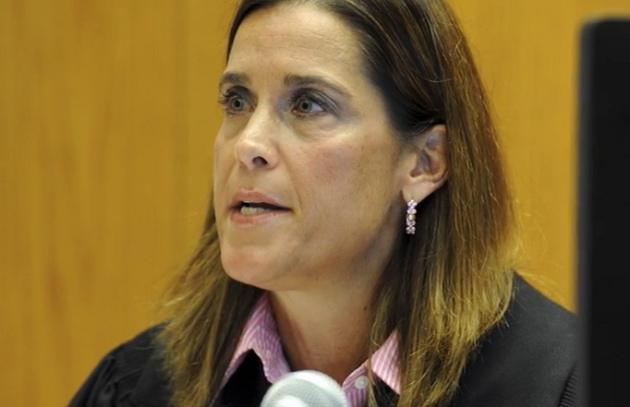Connecticut Supreme Court permits Sandy Hook victims to sue Remington
on March 14, 2019
66 Comments
The Connecticut Supreme Court has ruled that the victims and their families of the Sandy Hook school shooting in 2012 could sue the manufacturer of the gun used under Connecticut law, notwithstanding that the shooter Adam Lanza didn't purchase the gun (he stole it from his mother) and manufacturers are broadly protected by The Protection of Lawful Commerce in Arms Act (PLCAA).






















